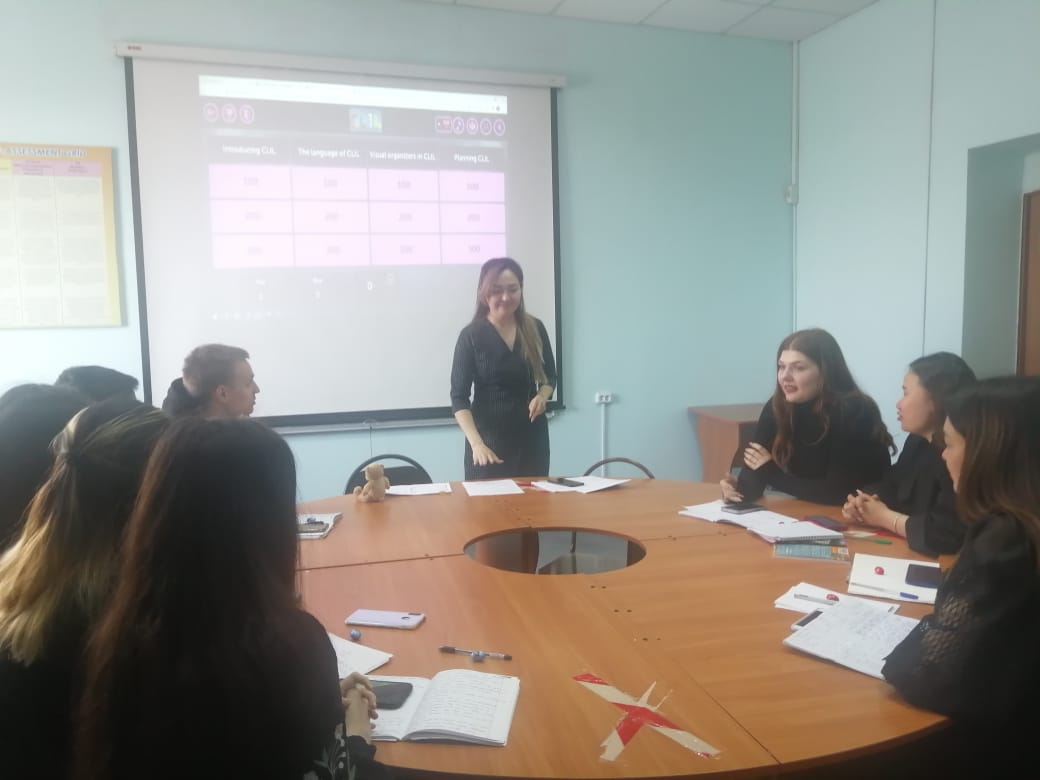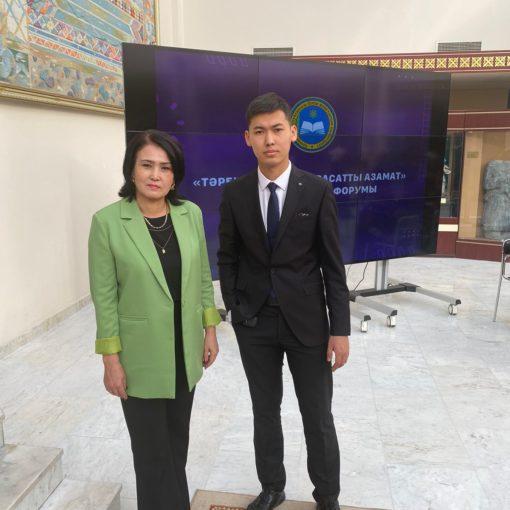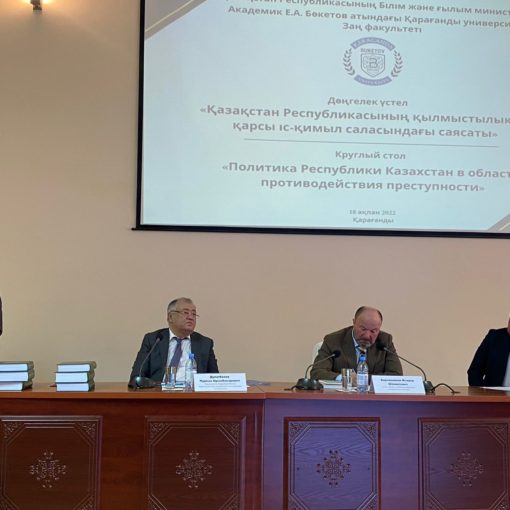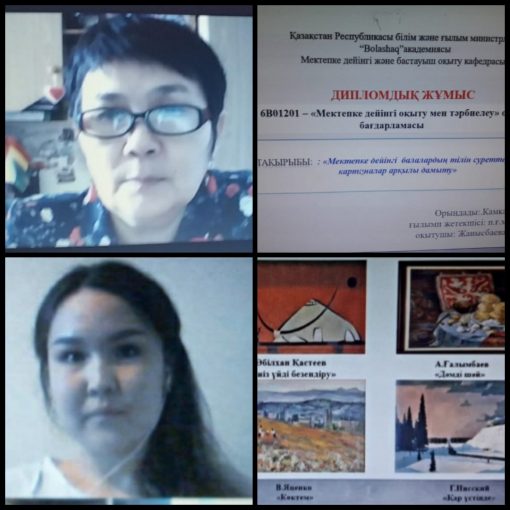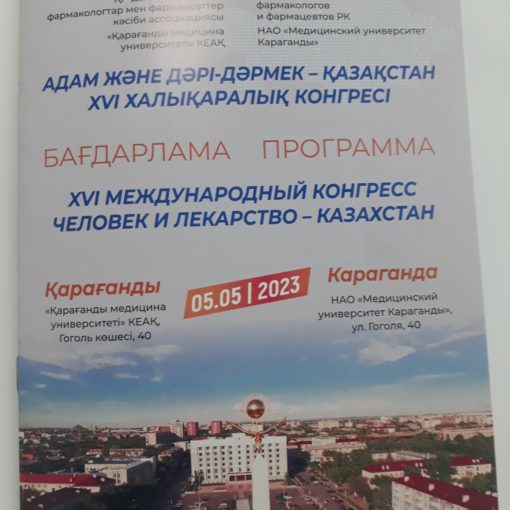One of the currently widespread and interesting approaches to foreign language teaching is CLIL – Content and Language Integrated Learning or Subject-Language Integrated Learning. It is being popularized by more and more methodological schools in the world because of its advantages over other methods. The key principles of the subject-lingual integrated learning approach are based on such concepts as “language” and “integration”. Its four components are in continuous connection with each other: content, communication, cognition and culture. This approach helps to create a favorable psychological climate at the language class in high school and high school, allows students to improve their communication skills in the studied foreign language, improves their language competence, expands intercultural knowledge, develops critical thinking, opens up creative potential and increases motivation of pupils and students to learn a foreign language.
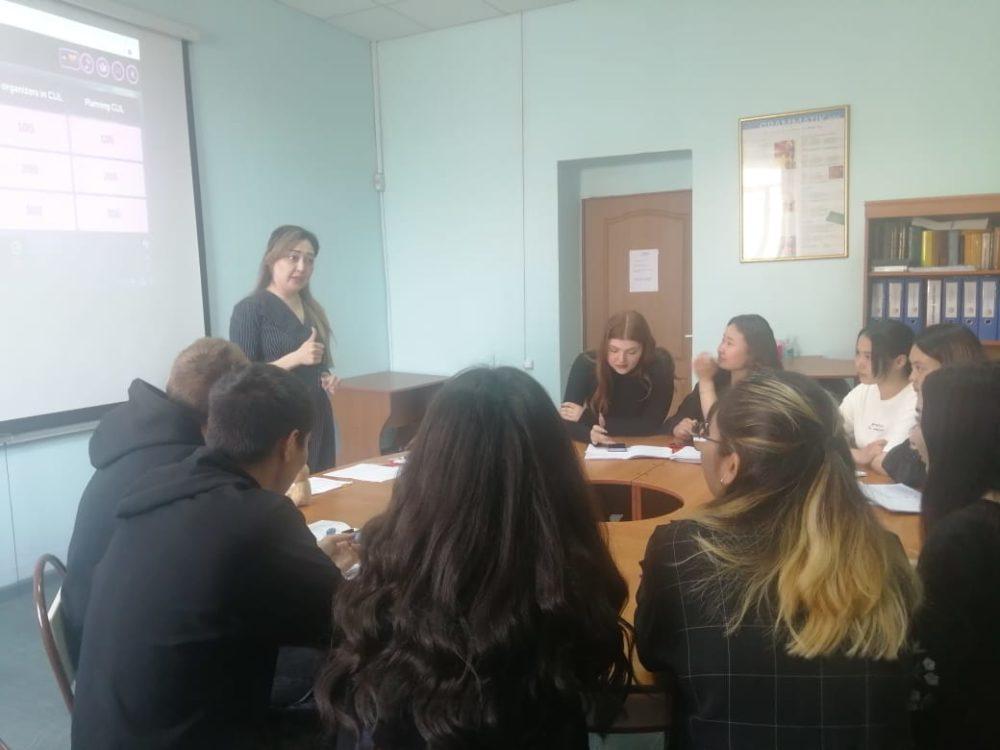
To study the content of the subject-linguistic integrated teaching were devoted lecture and practical classes on the discipline “Methods of Foreign Language Education” by the senior teacher of the Department of Foreign Languages and Intercultural Communication Bobesh Roza Sabitovna in the groups IN-20-1,2. The future teachers of two foreign languages must know how CLIL works in the lesson at the secondary general education institution, how to organize the work of the students in the lesson and to connect its content with deep knowledge and understanding of the studied, and how to teach them to conduct a free dialogue with each other. Mini-lessons on this topic are a logical continuation of the theory. Conducting them is one of the teacher’s methodological finds. It provides an opportunity to immerse students in their chosen profession. One of them becomes a “teacher”, the rest of the audience plays the role of a “school class”.
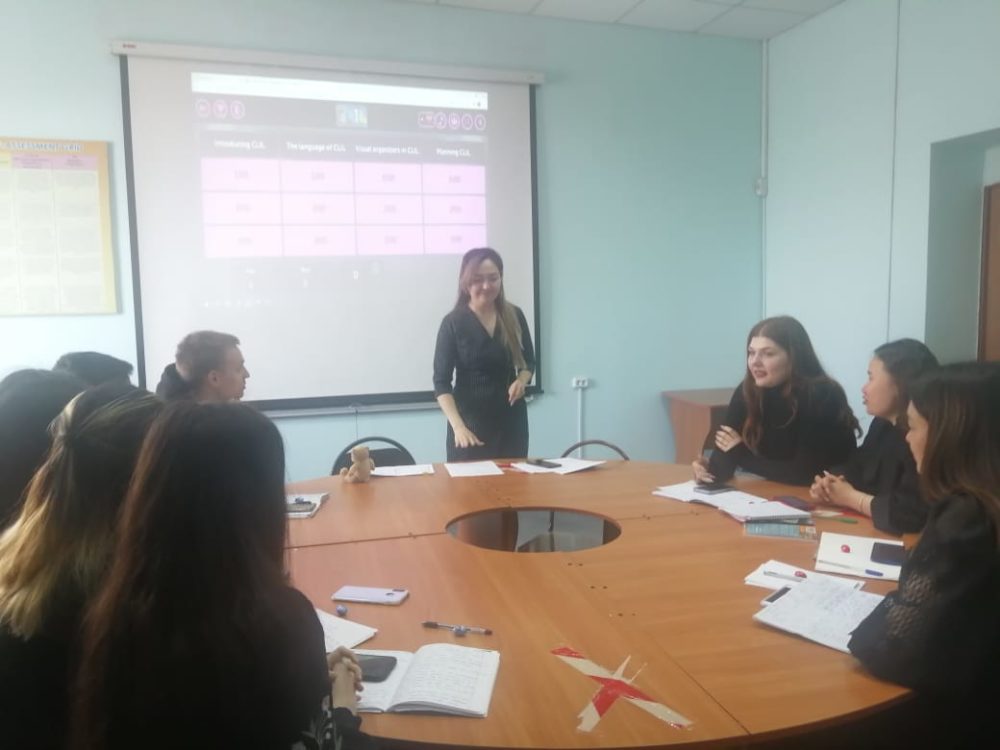
The student of group IN-20-1 Samatova Silara expressed a desire to be the first in this training. She thoroughly prepared for such a lesson. According to the opinion of students themselves and teachers and colleagues from the Academy who were present at the open lesson this mini-lesson was a success to a certain extent. Silara tried to put into practice what she had been taught at the lecture: the language should be connected with reality, all stages of the lesson should be connected with each other by the content, the student should be able to analyze the information received, using critical thinking while doing the tasks, at the language lessons the teacher teaches students the language activity, that is the art of communication, the language is used to solve specific communication problems, written and oral tasks can be creative, learning of mother-tongue and other creative tasks. The classmates played the role of the class perfectly: they performed different tasks, made mistakes, corrected each other, worked on the text, and enjoyed talking to each other in the form of a dialogue. At the end of the lesson, the group tried to evaluate objectively the activities of the “teacher” and the “students” during the mini-lesson. The goal was reached by both sides of the learning process. Students got theoretical knowledge on the studied topic and possibility to check them in practice in the role of the teacher; colleagues present at the open binary lesson had possibility to get acquainted with the practice of work of the experienced teacher. The study of such an interesting topic in Methodology of Foreign Language Education will continue further. Each student will try to step into the shoes of a school foreign language teacher and work with an audience. The Department of Foreign Languages and Intercultural Communication thanks Bobesh Rosa Sabitovna for holding such an interesting lesson.
Department of Foreign Languages and Intercultural Communication

